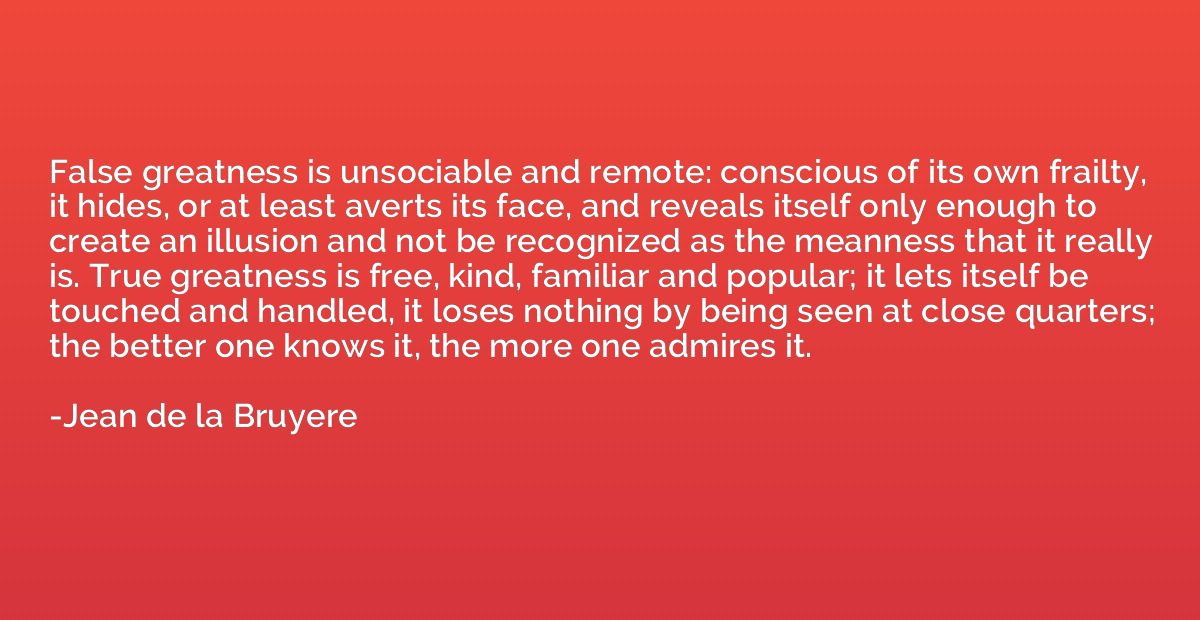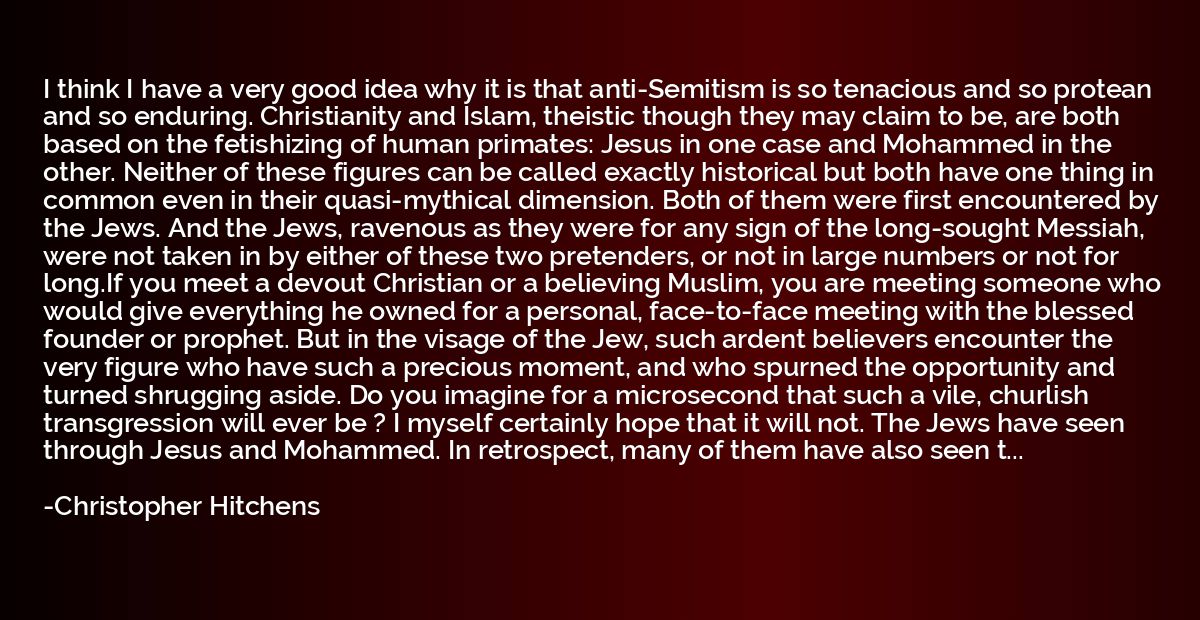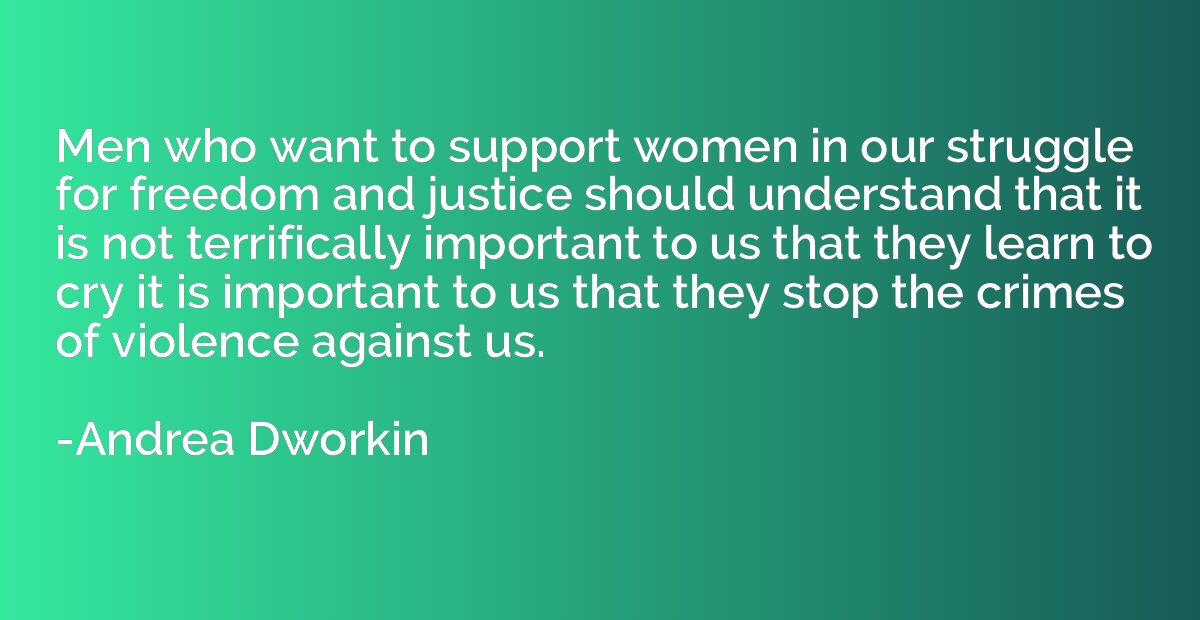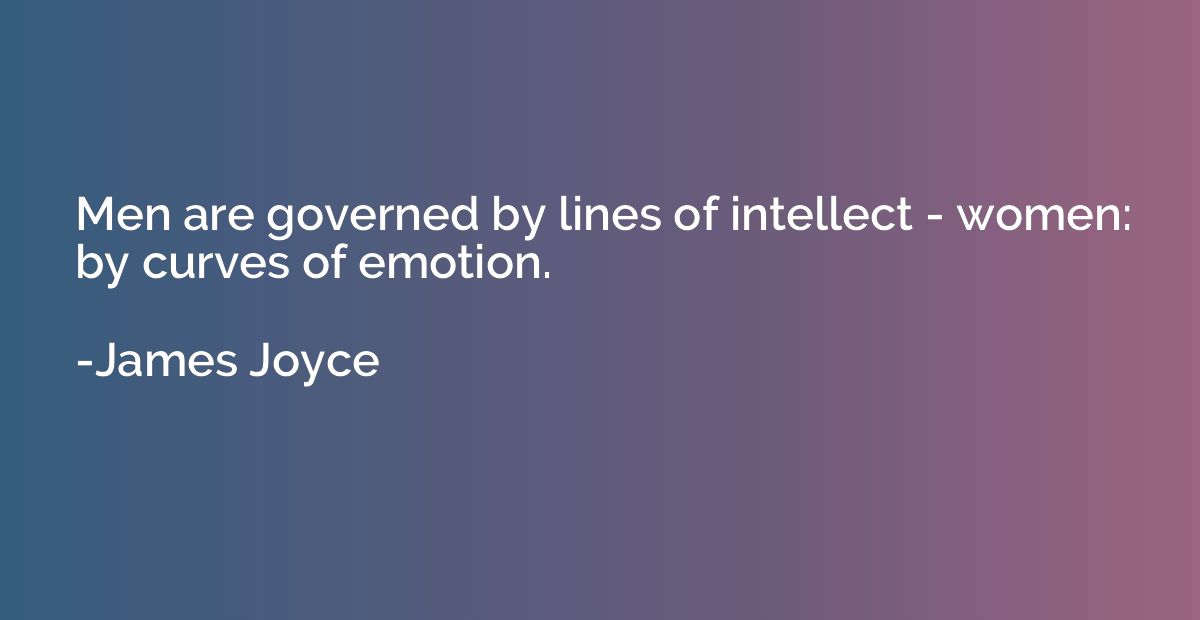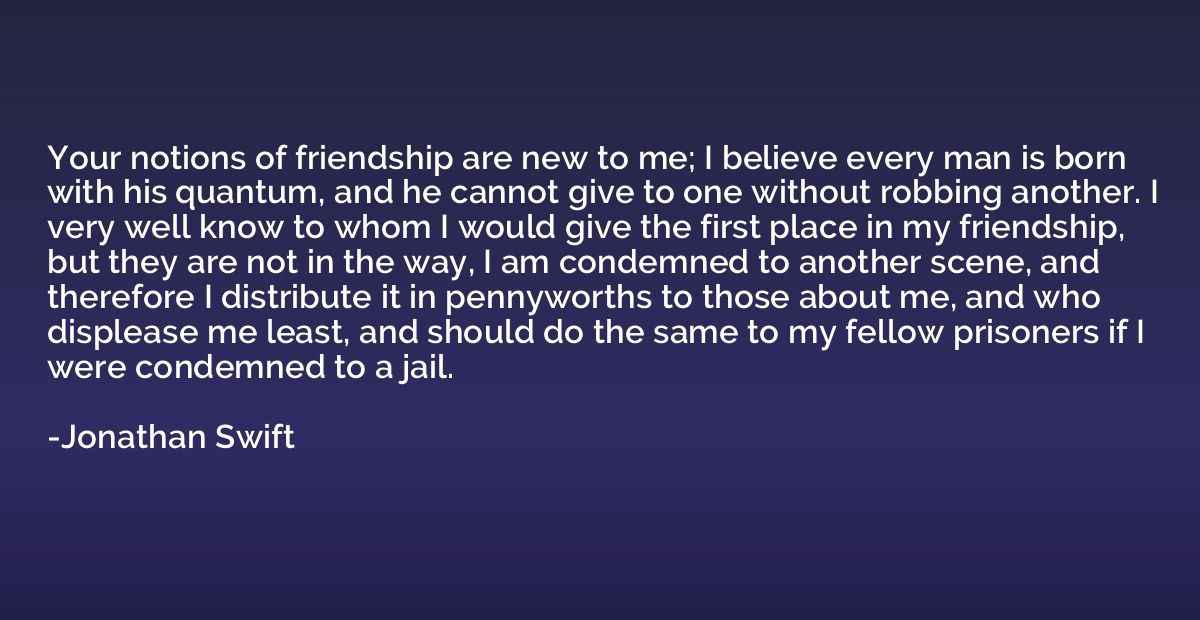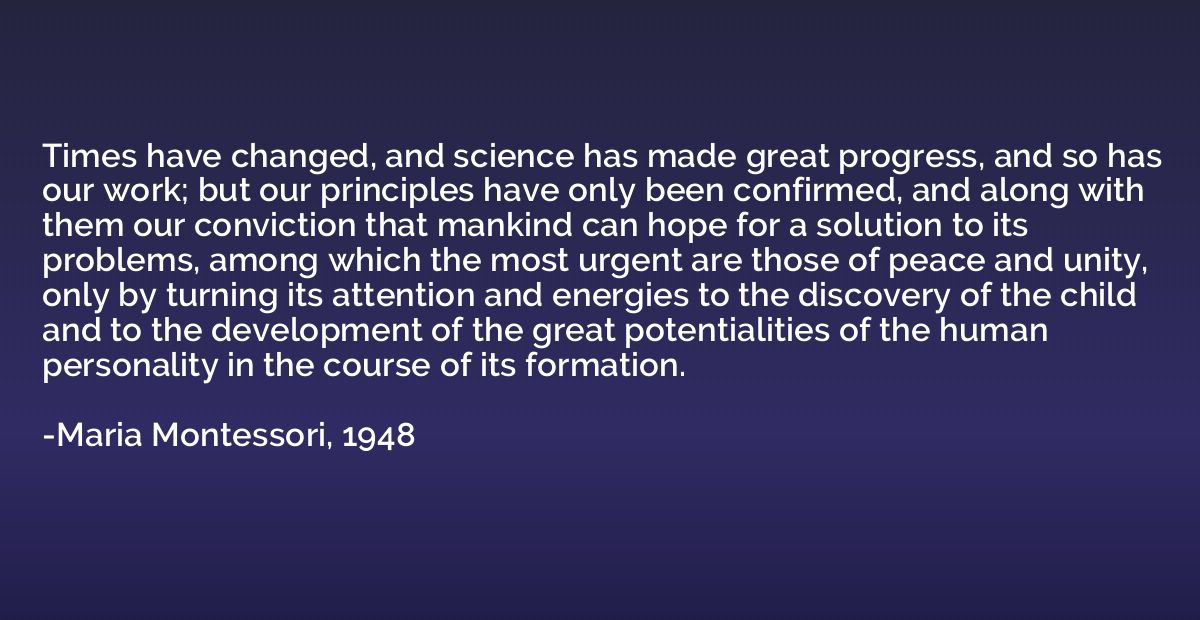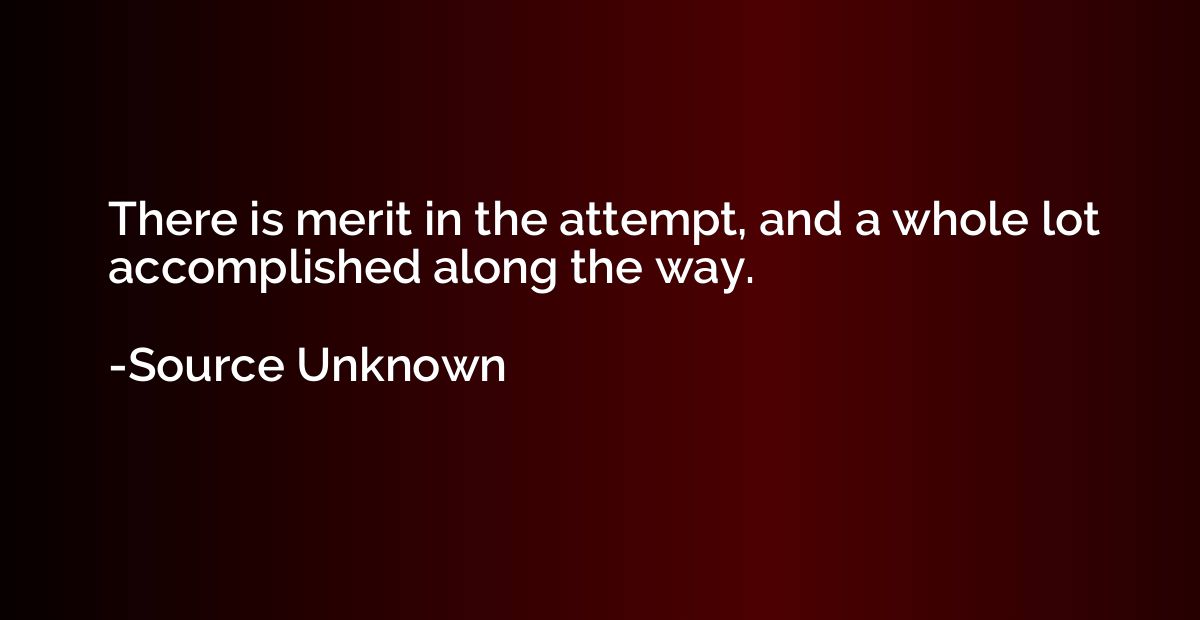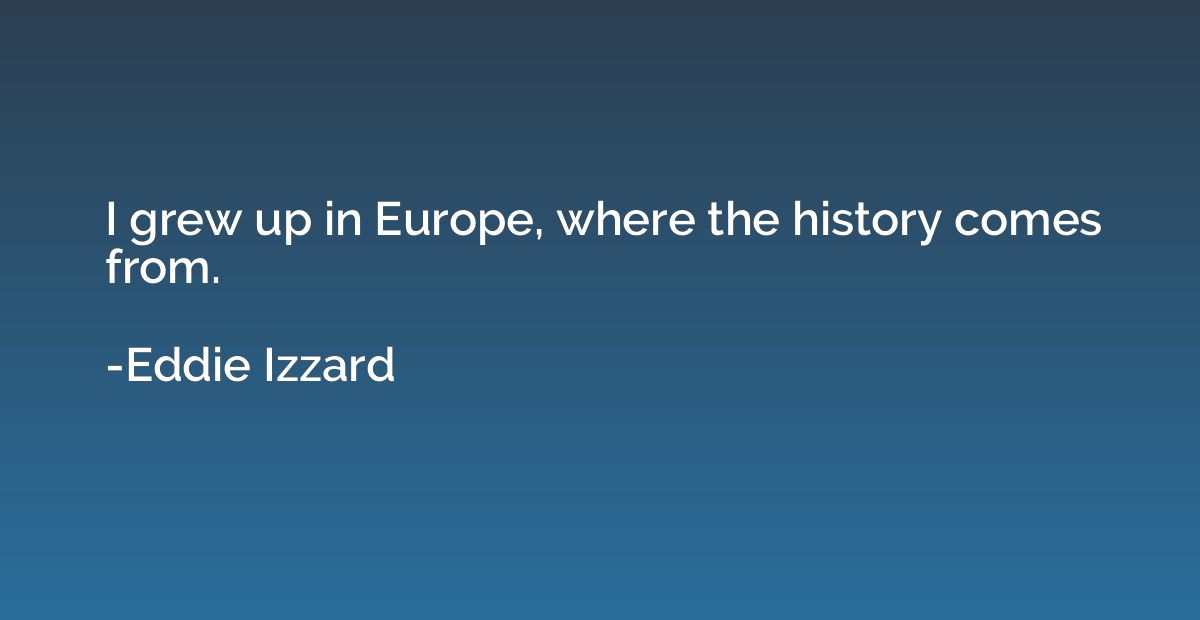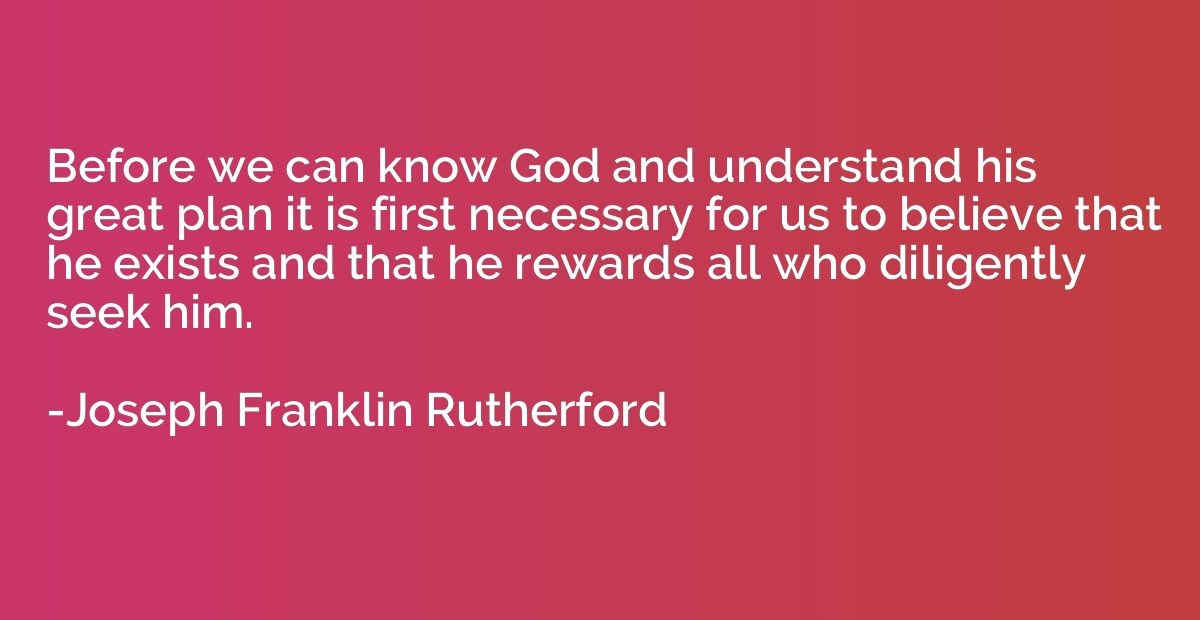Quote by Jon Crosby
You can lose people without them dying, and I have, from moving, from traveling. The emotion is real, it just doesn't actually have to do with death. I'm singing about what I know, and it's a song about longing for somebody who's disappeared in your life.
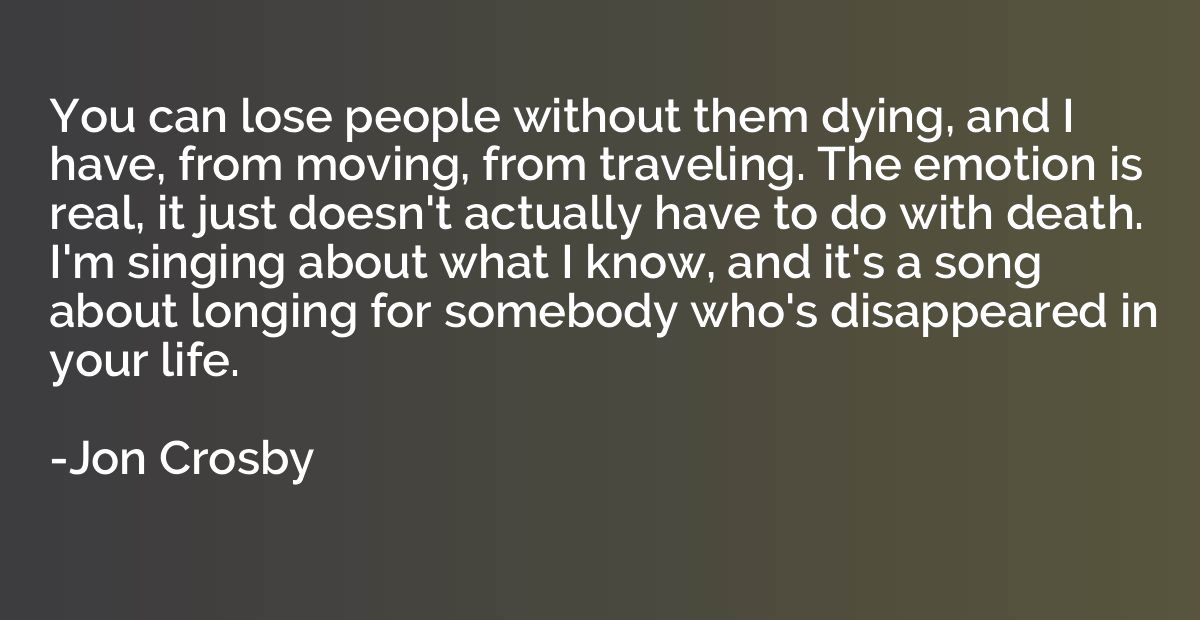
Summary
This quote expresses the idea that one can experience the loss of individuals without their physical death, such as through separation from moving or traveling. The emotions associated with losing someone can be equally powerful, even when there is no actual death involved. The speaker highlights their personal connection to this sentiment, emphasizing that the song they are singing is based on their own experiences of longing for someone who has disappeared from their life.
By Jon Crosby



